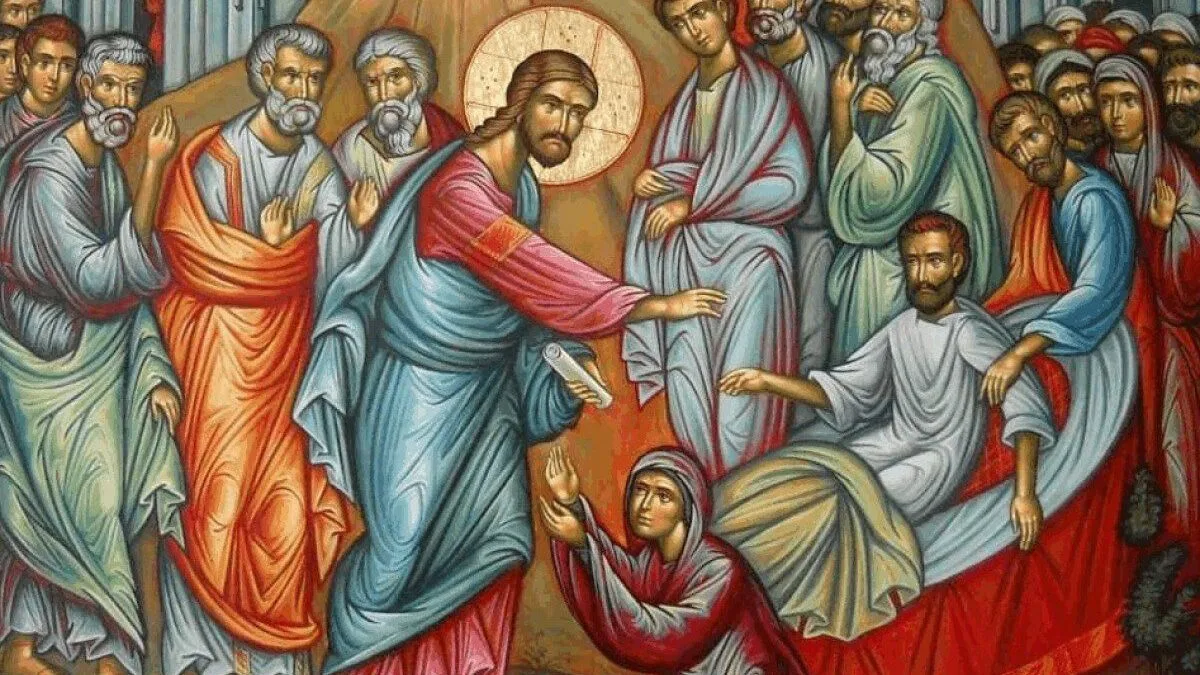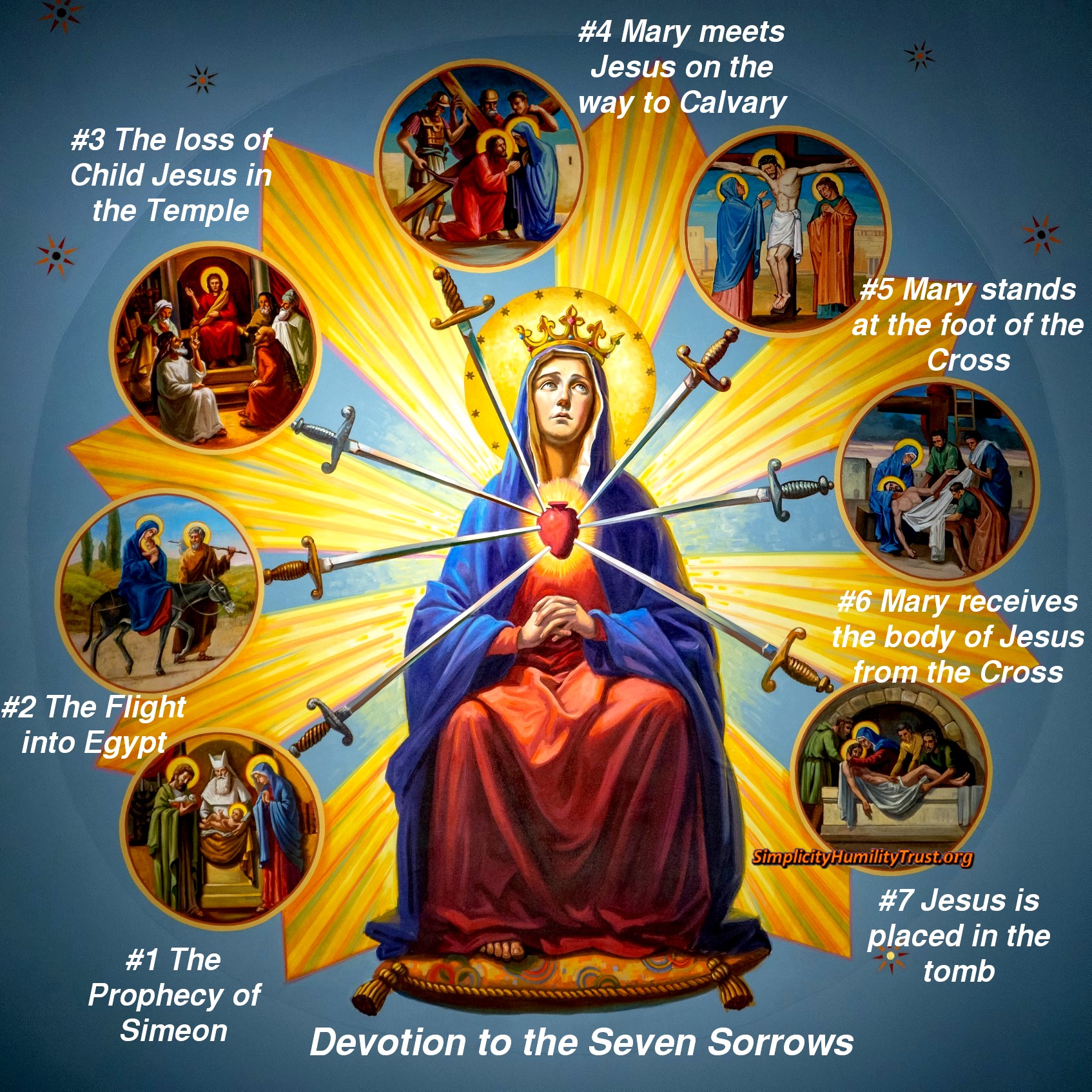
SUNDAY, TWENTY FOURTH SUNDAY IN ORDINARY TIME
Feast of the Exaltation of the Holy Cross
Nm 21: 4-9 Ps 78 Phil 2: 6-11 Jn 3: 13-17
THE CROSS STILL SPEAKS
The liturgy of the day holds a profound significance. Today is the feast of the Exaltation of the Holy Cross. This feast has more than a historical remembrance. It is a personal invitation to reflect on how God transforms suffering into redemption. The readings of the day guide us through this same mystery, beginning with the Israelites in the desert. One can only imagine their exhaustion and their frustration after years of wandering. They cry out against God and Moses, not just complaining but rejecting the very journey meant to lead them to freedom. In response, they face venomous serpents. It is not a punishment that God gives, but it is a consequence of their own turning away from trust. Yet even here, God does not abandon them. He instructs Moses to lift up a bronze serpent, so that anyone who looks at it in faith, may live. It is a powerful moment, and a lesson that redemption from death does not come from their own efforts, but from simply lifting their eyes to what God has provided.
This story speaks to our own lives. How often in our struggles, do we grow impatient with God? We question His timing, His plan, even His love. We might not voice it aloud, but our hearts whisper, ‘Why is this happening? Where are You?’ And yet, even in our doubt, God offers a way back. Way back not by removing the consequences of our choices, but by giving us something to fix our gaze upon. For the Israelites, it was the bronze serpent. For us, it is the Cross.
Jesus makes this connection clear in the Gospel when he says, “…just as Moses lifted up the serpent, so must the Son of Man be lifted up.” The Cross is not just a tragic end to Christ’s life; it is the moment where God takes all our brokenness, our fears, our sins, our despair and transforms it. When we look at the Cross, we not merely see an instrument of torture; we behold in it ‘love’ in its purest and most vulnerable form. It is as if God says, “I meet you here, in your suffering. I do not stand apart from it, rather I enter into it, and I make it holy.”
Paul’s words in his letter to the Philippians deepen this truth. Christ, though divine, emptied Himself, not reluctantly, but willingly. He did not cling to His power; He let it go, becoming human, embracing weakness, even accepting death on a Cross. This is not the distant God as some of us sometimes picture, watching from afar. This is a God who kneels in the dirt, who knows hunger and thirst, who feels the weight of betrayal and the bite of nails. And because of this, the Cross becomes more than a symbol, it becomes a bridge between heaven and earth, between God’s holiness and our humanity.
So, what does this feast declare to us? It means that when life feels heavy, when we are weighed down by failure, grief, or uncertainty, we do not have to carry it all alone. The Cross teaches us that suffering, when united to Christ, is not meaningless. It is where we meet God most intimately. It also calls us to repentance. Like the Israelites, we are invited to recognize where we have turned away from trust and to look up again, to let God’s mercy heal us. And finally, it challenges us to love as Christ loved. Not in grand, sweeping gestures, but in small, daily sacrifices: to practise patience when we are frustrated, forgiveness when we are hurt, humility when we would rather assert ourselves.
The Cross is not a relic of the past. It is alive, it is God’s ongoing answer to human suffering – still speaking, still offering hope. Christ’s outstretched arms still embrace the broken, His wounds still speak mercy to the guilty, His death still brings life to the despairing. Every moment of forgiveness, every spark of hope in darkness, proves the Cross’ power did not end 2,000 years ago. Today, let us pause and really look at the Cross, not as a distant symbol, but as a personal promise. God does not explain away our pain, but He does something greater: He redeems it. In the shadow of the Cross, even our darkest moments can become places of grace. In a world of temporary solutions, the Cross remains God’s eternal promise that no suffering is beyond redemption.
Response: Never forget the deeds of the Lord!
Copyright ©2025 ©Springs of Living Water http://springs.carmelmedia.in











